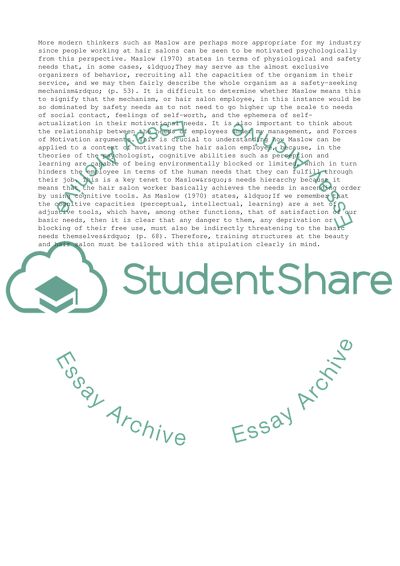Cite this document
(The Impact of Management on Individuals and Groups Within an Essay Example | Topics and Well Written Essays - 1500 words - 1, n.d.)
The Impact of Management on Individuals and Groups Within an Essay Example | Topics and Well Written Essays - 1500 words - 1. https://studentshare.org/management/1738003-management-thoery-and-practice
The Impact of Management on Individuals and Groups Within an Essay Example | Topics and Well Written Essays - 1500 words - 1. https://studentshare.org/management/1738003-management-thoery-and-practice
(The Impact of Management on Individuals and Groups Within an Essay Example | Topics and Well Written Essays - 1500 Words - 1)
The Impact of Management on Individuals and Groups Within an Essay Example | Topics and Well Written Essays - 1500 Words - 1. https://studentshare.org/management/1738003-management-thoery-and-practice.
The Impact of Management on Individuals and Groups Within an Essay Example | Topics and Well Written Essays - 1500 Words - 1. https://studentshare.org/management/1738003-management-thoery-and-practice.
“The Impact of Management on Individuals and Groups Within an Essay Example | Topics and Well Written Essays - 1500 Words - 1”. https://studentshare.org/management/1738003-management-thoery-and-practice.


